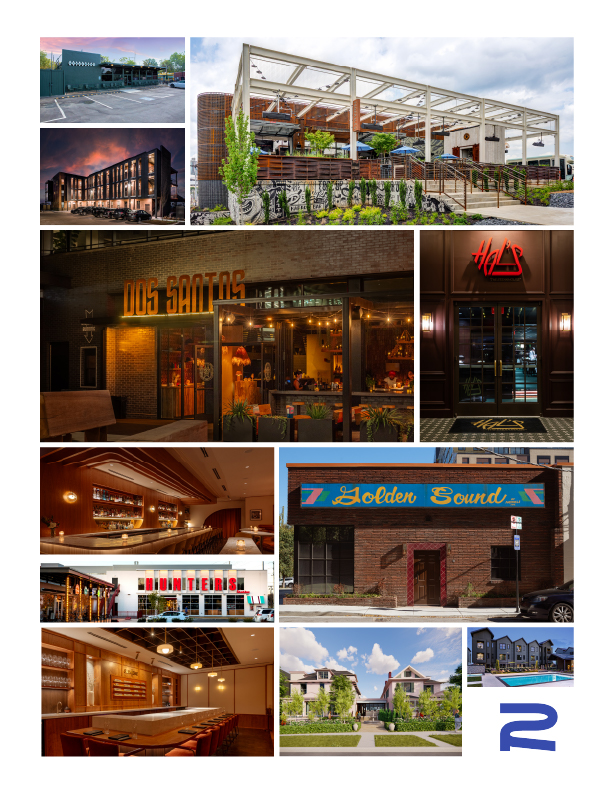Timeline Realities: What Every Client Should Know About the Design and Construction Process
Understand the Complete Project Timeline
Creating exceptional hospitality spaces requires time for thoughtful design and quality execution. For hospitality leaders and developers, understanding realistic timeframes is crucial for effective business planning. A typical hospitality project progresses through several distinct phases, each requiring appropriate time allocation.
Pre-design and concept development typically spans 4-6 weeks, where we explore your vision and develop initial concepts that align with your brand identity. Design development and documentation follows, requiring 8-12 weeks depending on project complexity. This phase transforms concepts into detailed plans that balance aesthetic vision with operational functionality.
The permitting process often surprises even experienced developers. Depending on location and project scope, securing necessary approvals can take anywhere from 6-16 weeks. Construction duration varies significantly by project type: a restaurant refresh might require 12-16 weeks, while a full hotel renovation could span 9-12 months or longer for ground-up construction.
Common Timeline Variables and Potential Delays
Even the most meticulously planned projects encounter variables that impact schedules. Understanding these factors helps develop realistic contingencies and appropriate business planning.
Regulatory and permitting complexities represent one of the most significant timeline variables. Municipal review processes, historical district approvals, or health department requirements can extend timelines unpredictably. Material and equipment lead times have become increasingly volatile, with certain specialty items requiring ordering months in advance.
The client decision-making process significantly impacts project flow. Establishing a clear approval structure and decision timeline helps maintain momentum. External construction industry factors also play a role, from labor availability to weather conditions and supply chain disruptions.
The Relationship Between Time, Budget, and Quality
The project management triangle – time, budget, and quality – represents the fundamental constraints that govern every project. When one element changes, at least one other must adjust accordingly.
Accelerating timelines often requires additional resources, impacting budget. While fast-tracking certain phases can make sense, especially when opening dates are tied to significant business opportunities, rushed execution typically compromises either quality or budget – sometimes both. Understanding this relationship allows for strategic decision-making that aligns with your priorities.
The financial implications of different timeline approaches extend beyond direct construction costs. Business interruption, carrying costs, and potential revenue opportunities all factor into the equation when evaluating schedule options.
Strategic Planning for Realistic Project Schedules
Successful project planning incorporates appropriate contingencies at each phase. We recommend building in at least 10-15% schedule flexibility, with greater contingencies for complex renovations or ground-up construction.
For hospitality businesses, aligning construction timelines with broader business cycles is essential. Consider seasonal demands, staffing implications, and marketing lead times when planning project schedules. Establishing clear communication frameworks helps manage expectations and enables prompt decisions when timeline adjustments become necessary.
Opportunities for Timeline Optimization
While certain aspects of design and construction have inherent timelines, several strategies can optimize schedules without compromising quality. Establishing a decision-making structure with clearly defined stakeholders and response timeframes prevents bottlenecks. Thoughtful design approaches, such as modular elements or standardized specifications, can streamline both design and construction phases.
For larger projects, phased implementation can allow partial openings while remaining work continues. This approach requires careful planning but can significantly impact revenue generation and operational transitions.
Setting Your Project Up for Timeline Success
The most successful hospitality projects combine ambitious vision with realistic timeline expectations. By understanding the complete process, acknowledging potential variables, and building appropriate contingencies, you position your project for success from the outset.
At Remick Architecture, our transparent approach to timeline planning reflects our commitment to authentic partnerships with our clients. By embracing the realities of the design and construction process together, we create not just beautiful spaces but timely, successful project experiences.

